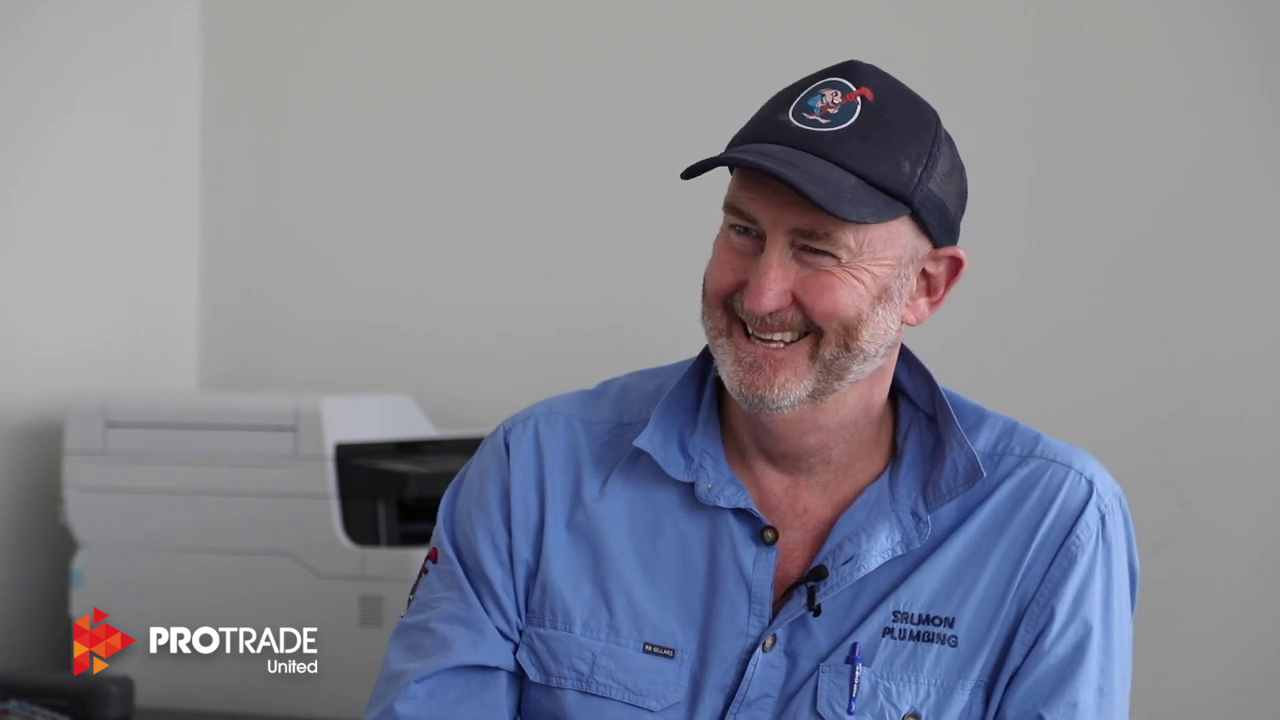One of the biggest challenges for trade business owners, especially in times of high inflation, is – how do I manage the price conscious customer who may be out to ‘shop around’ for the cheapest. Now, not all potential customers fit into this bracket, and ideally, this is not the type of customers you want to attract and work for consistently; however, you may come across a situation where you have a dream customer who does query your price.
So, how do you deal with this confidently and still win the business?
Let us talk about three separate phases:
- Preparation
- Planning
- Practice
Preparation
This is fundamentally the foundation of your strategy. I am going to assume the following:
- Presenting yourself as a business owner/professional vs. a typical tradie (disorganised, late, etc.)
- You deliver a world-class product/service
- Continually aim to get better
As preparation is the foundation of being a business owner, it is essential to know what you are actually selling. The reality is you are in the business of – “solving people’s problems”. Also understanding what your customers are actually buying is most important.
The reality is what they are buying is, “Can I trust you to solve my problem with certainty?”
When you understand that the real problem is not what your product or service does. The real problem is understanding the fears and concerns that your potential customer has in dealing with you or your industry. Once you understand what the real concerns are, as well as delivering the product or service, it is important that you build trust and certainty as quickly as possible.
The higher the level of trust and certainty, the less the price question/objection comes up. The lower the trust and certainty the higher the level of pricing objections.
Ensure you have the following ready:
- Simple, professional website
- Brochures/collateral – for your business and products you use
- Proposal templates (for project work)
- Clear pricing
- Testimonials/Reviews
- Guarantees
Planning
When the price question does arise, it is important that you respond appropriately. Instead of allowing your fears to dictate your action, ensure that you respond by educating on value. Planning is about ensuring that you have the tools to be able to share and explain the value that your company provides, the quality that it delivers and to educate the customer – not sell.
If you have planned out your sales/presentation process, then this should form part of the overall recipe. Explaining to and educating the customer about what they are going to receive with ‘trust and certainty’ will help minimise the overall pricing objection.
Practice
It is not a matter of “if”, it is a matter of “when” you must deal with this challenge. Therefore, it is important that you practice in advance for when this situation arises. Jim Rohn once said, “Take every opportunity to practice your communication skills so when the situation arises you have the gift, the style and the clarity to deliver the message.”
I suggest that practicing with a team player, so that when you are in the “field” you are not practicing on your customer, you are ready to play.
A suggested script/dialogue for when the pricing question comes up.
Customer: “Can you do a bit cheaper than that?” or “That’s a little more than I thought it would be!”
You: “I completely understand that you may wish to review the pricing on the job; often other customers ask about the price as well.” (Show empathy/understanding – and make them feel that they are not the only one who asks this.)
You: “Do you mind if I ask, which aspect of the price would you like me to explain/run through with you? It is usually around the materials/products we use or the time/labour?” (Wait for their answer.)
Customer: It will either be materials/product or time/labour or the overall price. They may even compare you to a significantly cheaper price from a competitor.
You: “Thanks for sharing your thoughts. Is it ok to explain a little about our pricing?” (Wait for a YES – this is important!)
You: “We are rarely the cheapest in our industry and let me explain why.” (Then go to educate on the quality of products and the professionalism/expertise of your team.)
The more often you get presented with an objection around the price, the better you become at dealing with it. Being confident comes from practice and the more you practice the better you get.
Written by Jon Mailer
PROTRADE United
CEO& Founder










